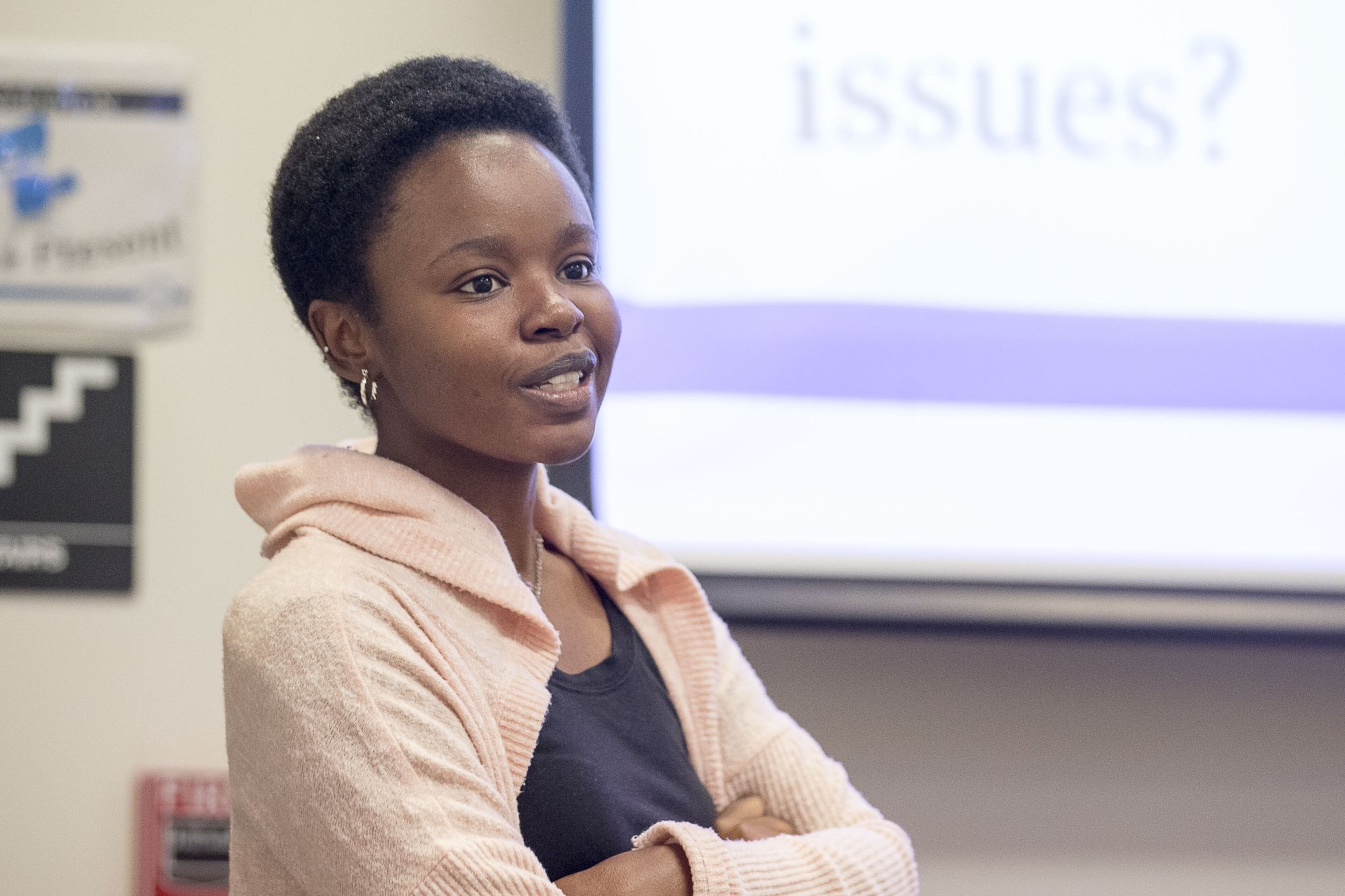For the summer, class is in session for metro Atlanta teachers, too

Before Akilah Williams begins teaching in her first Clayton County classroom, she is spending time with other teachers learning lessons of their own on engaging with their new students and finding success.
“I’ve always worked in education,” said Williams, who has worked in several roles in metro Atlanta schools. “But I’ve never done any training, never with any understanding of what it takes to be an effective teacher in a classroom.
“I’ve found out training was very necessary.”
As school districts seek answers to steadily sinking teacher retention, studies see a silver lining in professional development as a way to keep teachers engaged, as teacher pay increases in metro Atlanta have not fixed the problem.
The professional development has several payoffs, including increases in efficiency student achievement and job satisfaction. But if teachers are teaching the other teachers, the results are even better.
In California, nearly 200 teachers began working in late June on a professional development curriculum that is focused around state standards and assessments. California’s Instructional Leadership Corps puts teachers in charge of the professional learning.

A Learning Policy Institute report, "The Instructional Leadership Corps: Entrusting Professional Learning in the Hands of the Profession," finds that teachers value receiving education from their colleagues and increases teacher leaders' sense of professionalism and self-efficacy. It also saw teachers working more with new teaching strategies and taking new teaching approaches while supporting deeper and more widespread professional learning. The Learning Policy Institute is an education advocacy nonprofit.
“When it comes to making sure teachers have the supports we need to be leaders in the classroom with our students, we know the most qualified experts are, indeed, our fellow teachers,” California Teachers Association President Eric C. Heins said.
Researchers studied teams at four California locations, interviewing teachers and school district administrators, as well as observing state workshops.
"The [Instructional Leadership Corps'] success suggests a promising model," said Rachel Lotan, professor emerita of education at Stanford University and an author of the report. "Offering resources and supporting their colleagues as they teach and learn together for the benefit of their students, deepens teachers' sense of professionalism and feelings of self-efficacy."
Several metro Atlanta school districts offer targeted professional development courses throughout the year and over the summer, though it is not clear whether teachers are leading those initiatives.
In the DeKalb County School District, officials said sessions were planned around instructional planning. Several courses were offered to teachers for the summer, and they would take place depending on how many educators enrolled. Officials said the plan was for teachers to learn to look for “indicators to support classroom implementation of the learned strategies along with a wealth of resources.”
Gloria Duncan, Clayton County Schools' director of professional learning, said the district offers year-round training for its teachers, often taught by former teachers now working in the district's professional learning division. Courses on social-emotional learning, as well as restorative justice and cultural response help teach educators to understand the ongoing needs that their students exhibit before classroom lessons even begin.
“In order to make a difference with our students, it’s important for our teachers to be trained and remain current and knowledgeable of the latest trends,” she said.
Stefanie Harmon, a teacher development specialist for Clayton County Schools, said the courses they teach are research-based, using feedback from previous participants, among other things, to fit current trends.
“Although some [courses] are staples, we also began adding other courses based on what teachers and leaders have expressed are needs,” she said
Williams, the new Clayton County teacher, said she’s endured the first day of school before. This year — with the district-provided training — is the first time she feels truly prepared.
“I feel really empowered,” Williams said. “I’ve been given enough information to reproduce something that represents me and something that will make students successful.”


